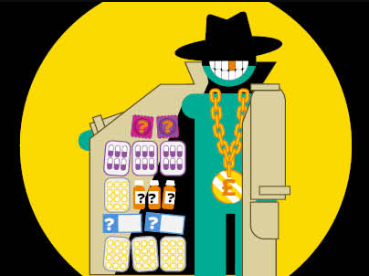Buying medical products online can be complicated. Websites offering to supply a wide range of medical products from slimming pills to STI (sexually transmitted infection) self-test kits may appear legitimate, but many are trading illegally – supplying prescription medicines without requiring a prescription or selling unlicensed, substandard, or counterfeit products.
Ten years ago, the Agency began Operation Pangea, an international week of action tackling the online sale of counterfeit and illicit medicines and highlighting the dangers of buying medicines online. Since then, it has expanded significantly and is now run by Interpol, with 123 countries participating in 2017. The products seized during this week of action range from strong cancer medicines to erectile dysfunction medication, slimming pills and even counterfeit dental equipment.
We have taken people to court for their illegal activity including selling unlicensed and counterfeit medicines, laundering profits and operating a fake online pharmacy.
Disrupting the supply chain is one way to stop these criminals but equally important is the need to tackle the public demand for these products. In 2016, the MHRA launched the #FakeMeds campaign as a pilot to work alongside our enforcement work. It aims to inform the public of the potential risks involved when purchasing medicines online and to educate them to make safer choices. We direct potential consumers to registered and authorised online sellers where possible, giving them tips to help spot dodgy dealers, and encouraging them to scrutinise retailers and products more.
#FakeMeds focuses on specific prioritised medical products that are frequently falsified, and our initial work has been targeting slimming pills. Our enforcement work has shown these are most frequently seized and often contain the dangerous ingredient sibutramine. Our initial insight shows these pills are more frequently purchased by 18-30 year olds with a bias towards women so this became our target audience.
The campaign has delivered a large volume of content targeting this audience in a wide range of media outlets including mainstream and social media, tabloid magazines, right through to placing storylines on soap operas. Partners are vital to the success of the campaign and in November 2017, we launched the joint #FakeMeds survey of more than 1,800 slimmers by MHRA and Slimming World.
The #FakeMeds campaign has reached a significant proportion of those at risk of buying potentially dangerous slimming pills and achieved or exceeded all its objectives. The next phases of the campaign will focus on new products including STI self-test kits, erectile dysfunction medication and pregnancy test kits. However, the campaign will continue to promote the important messaging on slimming pills as well.
The campaign website is available here and you can follow #FakeMeds on our Twitter pages.
If you are interested in supporting the campaign, shaping our future or have a question, please contact us to discuss further.
This blog post first appeared in the July edition of PAGB’s member e-newsletter Spotlight.



